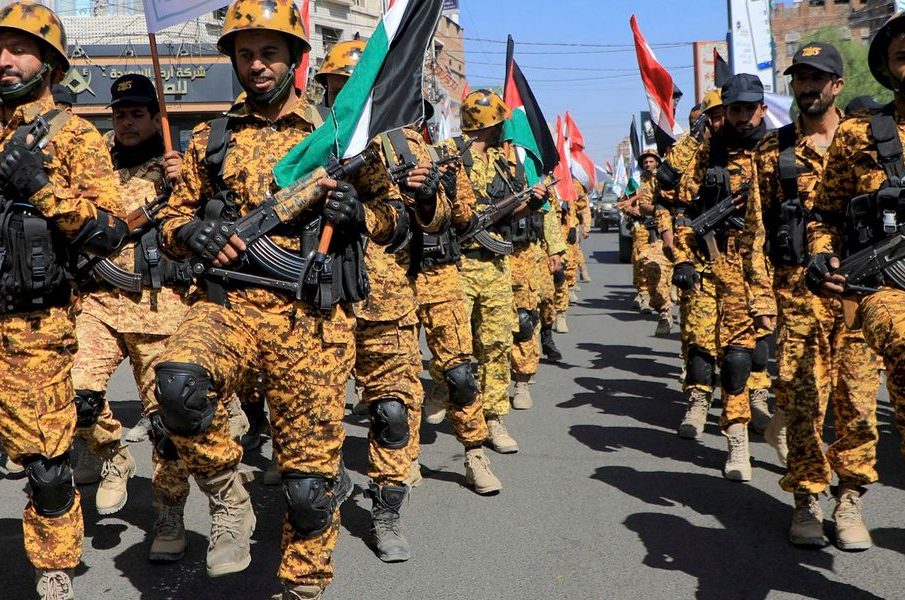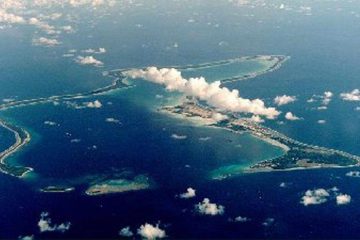Understanding the Houthis and Their Impact on Yemen

Introduction
The Houthis, officially known as Ansar Allah, have become a significant faction in the complex conflict in Yemen, drawing attention from international observers and local communities alike. Their rise to prominence stems from a combination of long-standing grievances, regional politics, and the broader implications of the Yemeni civil war, which has become a focal point of geopolitical tension in the Middle East. As the conflict continues to evolve, understanding the Houthis and their aspirations is essential for grasping the future of Yemen and the surrounding region.
Origins and Development
The Houthis originated in the northern Yemeni province of Saada in the 1990s, initially as a religious and cultural revivalist movement among the Zaydi Shia community. Over the years, their discontent grew due to perceived marginalization by the Yemeni government, leading to multiple conflicts known as the Saada wars. The situation escalated dramatically in 2014 when the Houthis seized the Yemeni capital, Sana’a, thereby ousting the internationally recognized government of President Abd-Rabbu Mansour Hadi.
Role in the Yemeni Civil War
The Houthis’ takeover marked a pivotal shift in the Yemeni civil war, which saw divisions between various factions, including those backed by Saudi Arabia, a coalition of Gulf states, and the Iran-aligned Houthis. The ensuing conflict has resulted in a humanitarian crisis deemed one of the worst in modern history, with millions of Yemenis facing famine and disease. While the Houthis have consolidated power in the north, they have also been accused of launching missile attacks into Saudi Arabia, raising concerns about Iran’s influence and regional security.
Current Developments
As of October 2023, the situation remains precarious; despite occasional peace talks mediated by international powers, violence continues sporadically. In recent months, a partial ceasefire has allowed for some humanitarian aid to reach besieged areas, yet the Houthis have also engaged in aggressive negotiations to strengthen their position in any prospective political agreements. Their recent military actions suggest they are not solely interested in negotiations but are also consolidating control over key regions.
Conclusion
The Houthis’ role in the ongoing conflict in Yemen reflects broader regional dynamics, including Iran’s influence and Saudi Arabia’s concerns over security. As the Yemeni people continue to suffer, the international community watches closely, seeking a resolution that would allow for the easing of humanitarian suffering while addressing the political complexities. The future of Yemen, shaped significantly by the Houthis, will remain a critical issue in Middle Eastern politics, calling for ongoing analysis and intervention efforts in the pursuit of peace.









